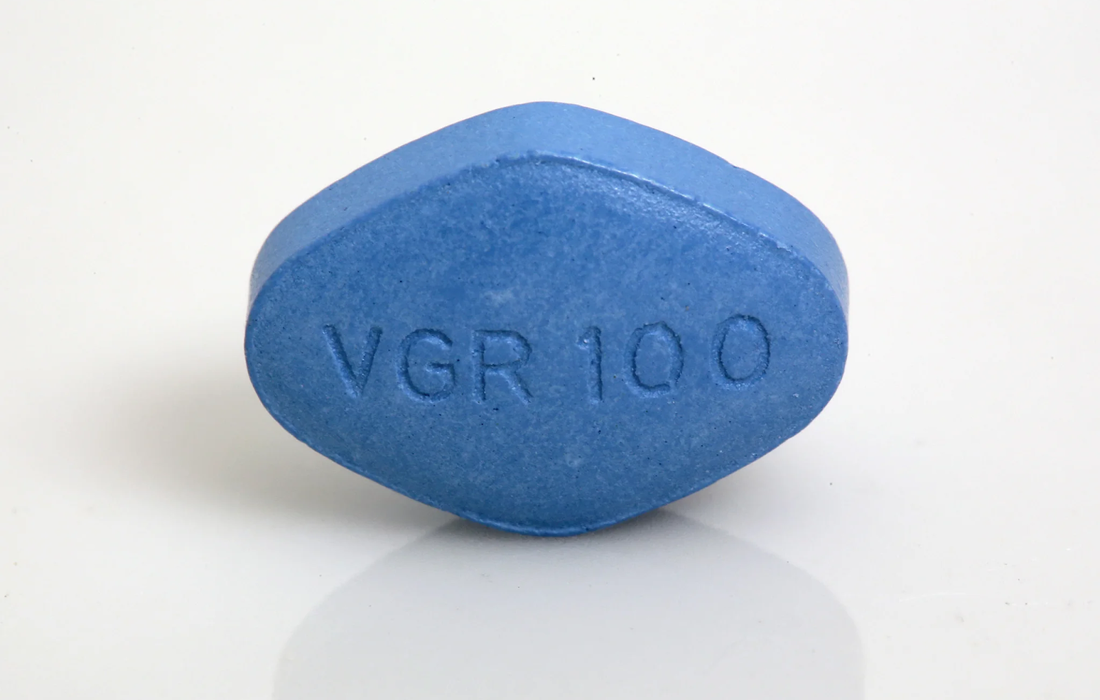Regenerative Medicine News and General Information
New Study Found Decreased Risk of Alzheimer’s with Viagra Prescription
Sildenafil, more commonly known as viagra, is a medication used to treat erectile dysfunction in men. It is also used to improve the ability to exercise in adults with pulmonary arterial hypertension.
A new study published in the journal Nature Aging looked at the potential of repurposing licensed drugs for the treatment of Alzheimer’s disease has identified this medication as a candidate for future analysis.
The last major advance in our understanding of this condition arguably happened prior to the 21st century, with the identification of the role of the proteins tau and amyloid in the spread of Alzheimer’s through the brain.
Since then, different studies have been made to test drugs based on the amyloid and tau hypotheses in patients with Alzheimer’s disease. One of them, the antibody aducanumab provides some hope, but the high cost and failure of prior trials have led to companies and scientists to examine new routes for drug development.
The study used a computational drug development approach and identified sildenafil as a compound linked to a lower risk of Alzheimer’s disease. The team behind the study built a dataset of genes, RNA molecules and proteins that have been linked to Alzheimer’s disease in previous study and mapped onto a vast model of the human protein interactome, which records how protein molecules relate to each other at a molecular level.
They analyzed insurance claims from seven million Viagra users in the US. Prescription of Viagra was associated with a 69% reduction in the risk of Alzheimer’s diagnosis in the following six years. To examine what molecular mechanisms might explain this, the team dosed neurons in a dish derived from the stem cells of Alzheimer’s disease patients, showing that it increased the growth of neural connections and reduced the accumulation of tau protein.
While Viagra’s reputation might drive the study into the headlines, it is the computational repurposing approach the researchers adopted that may yet prove most significant to drug discovery – providing a cheaper and faster route to potential treatments. “Developing drugs for diseases like Alzheimer’s, which attack the brain, is a costly process and can take many years. Being able to repurpose a drug already licensed for other health conditions could help speed up the drug discovery process and bring about life-changing dementia treatments sooner,” said Kohlhaas, director of research at Alzheimer’s Research UK in an interview to Technology Networks.
Source:
Ruairi J Mackenzie. (2021, Dec 6). Viagra Prescription Associated With a 69% Reduction in Alzheimer’s Risk. Technology Networks, Neuroscience News & Research. Retrieved from:
https://www.technologynetworks.com/neuroscience/news/viagra-prescription-associated-with-a-69-reduction-in-alzheimers-risk-356547
Fang, J, Zhang, P, Zhou, Y et al. Endophenotype-based in silico network medicine discovery combined with insurance record data mining identifies sildenafil as a candidate drug for Alzheimer’s disease. Nature Aging. 2021. doi: 10.1038/s43587-021-00138-z

